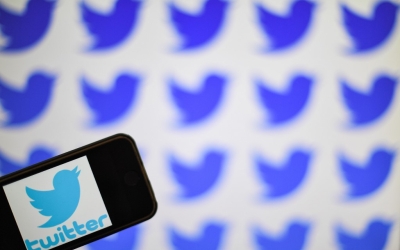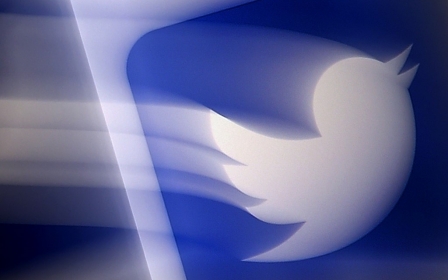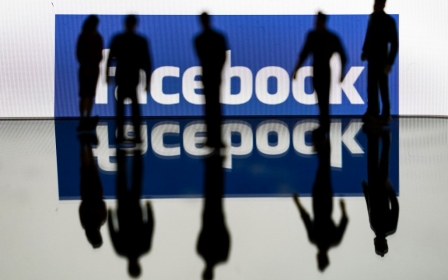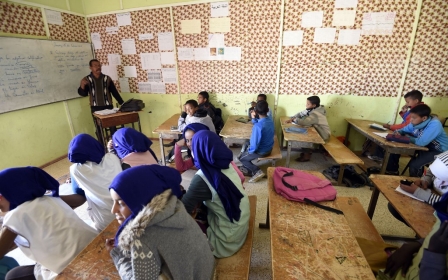Twitter removes 130 Iran-linked accounts during US presidential debate
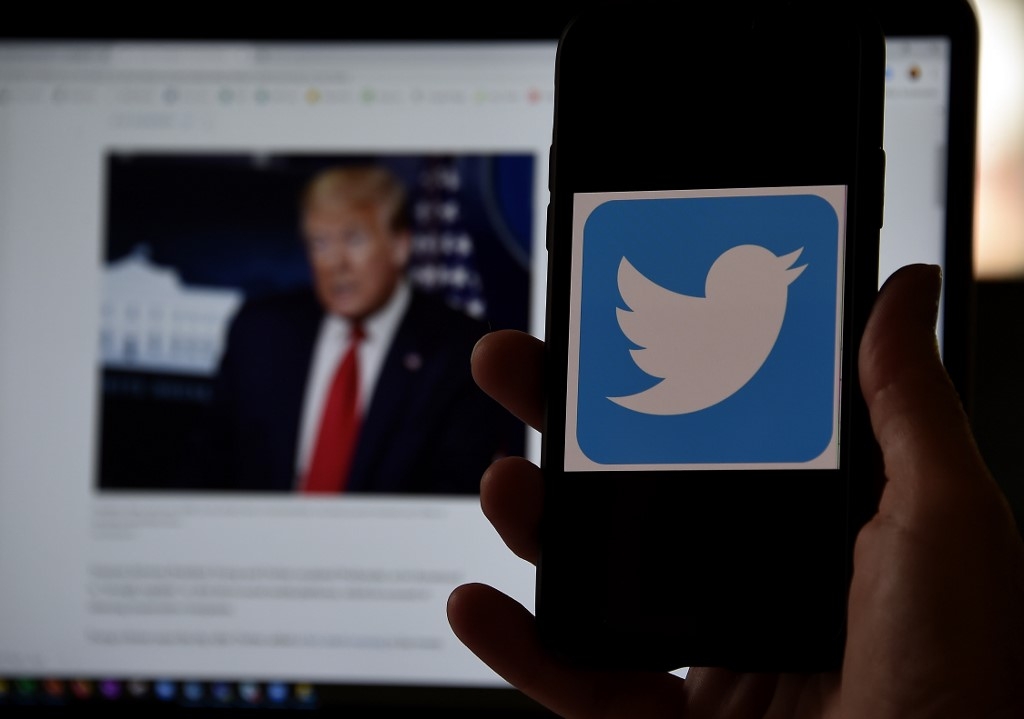
Twitter says it removed 130 accounts linked to Iran that were "attempting to disrupt the public conversation" during this week's US presidential debate.
The social media giant said in a series of posts on Wednesday that the accounts all appeared to originate in Iran and were identified based on intelligence from the FBI.
"They had very low engagement and did not make an impact on the public conversation. Our capacity and speed continue to grow, and we'll remain vigilant," Twitter said.
In what was the most chaotic presidential debate in recent years, President Donald Trump and his Democratic challenger Joe Biden frequently talked over each other and even traded insults during Tuesday's debate, with Biden calling the president a "clown" and telling him to "shut up".
The action taken by Twitter comes nearly six months after the site found that Saudi Arabia and Egypt were manipulating the platform to further their global political interests.
New MEE newsletter: Jerusalem Dispatch
Sign up to get the latest insights and analysis on Israel-Palestine, alongside Turkey Unpacked and other MEE newsletters
In April, the micro-blogging site removed more than 5,000 Saudi accounts and about 2,500 Egyptian accounts it said were involved in pushing pro-government messaging.
The Egyptian accounts "amplified messaging critical of Iran, Qatar and Turkey", Twitter said.
"Information we gained externally indicates it was taking direction from the Egyptian government," it added.
Last year, Twitter removed almost 5,000 accounts it said were linked to the Iranian government.
Tensions have been steadily rising between the United States and Iran since the Trump administration unilaterally withdrew from a landmark nuclear deal two years ago.
Under the deal, officially known as the Joint Comprehensive Plan of Action, Iran agreed to curb its nuclear programme in exchange for the lifting of international sanctions against its economy.
Since the Trump administration withdrew from the accord, Washington has reimposed sanctions on various sectors of the Iranian economy, including oil exports.
On Saturday, the US administration announced the "snapback" of all UN sanctions amid Tehran's supposed non-compliance with the agreement, a move that virtually every other member of the Security Council rejects.
Biden, who served as Barack Obama's vice president when the deal was signed in 2015, has vowed to re-adopt the accord if Iran returns to full compliance with its regulations.
Middle East Eye delivers independent and unrivalled coverage and analysis of the Middle East, North Africa and beyond. To learn more about republishing this content and the associated fees, please fill out this form. More about MEE can be found here.


